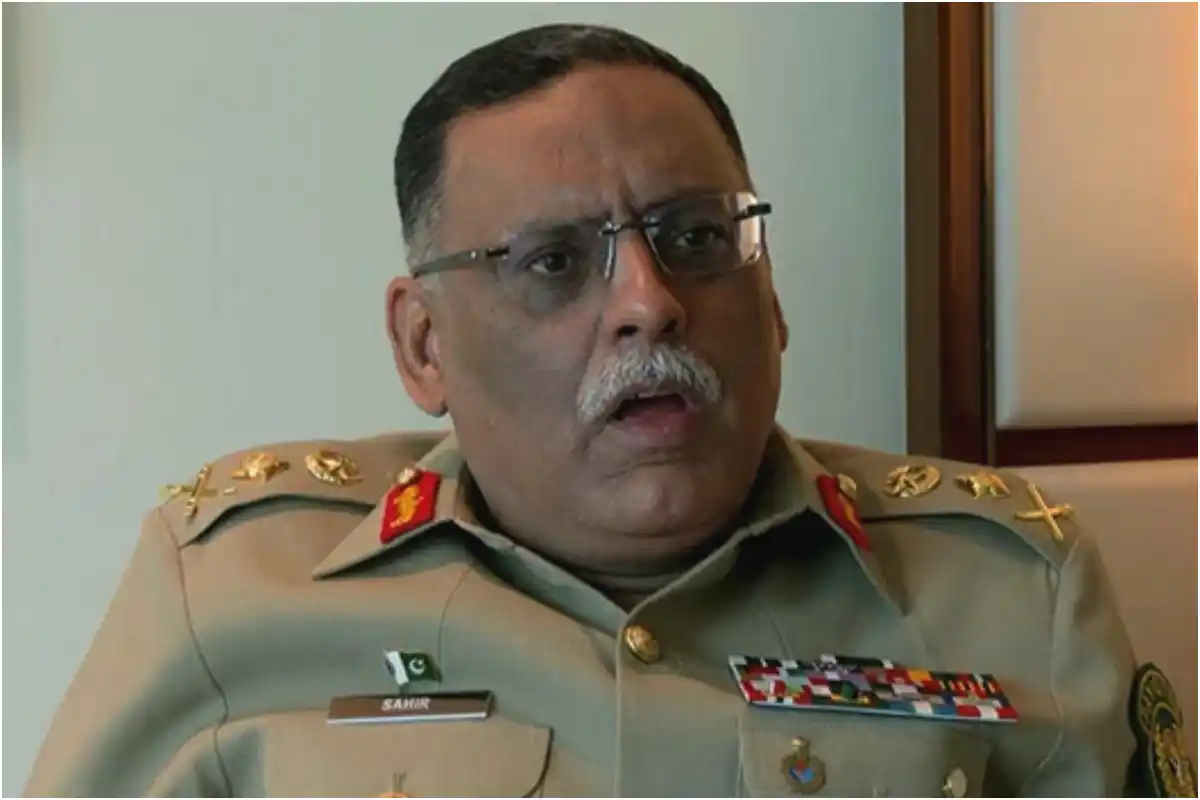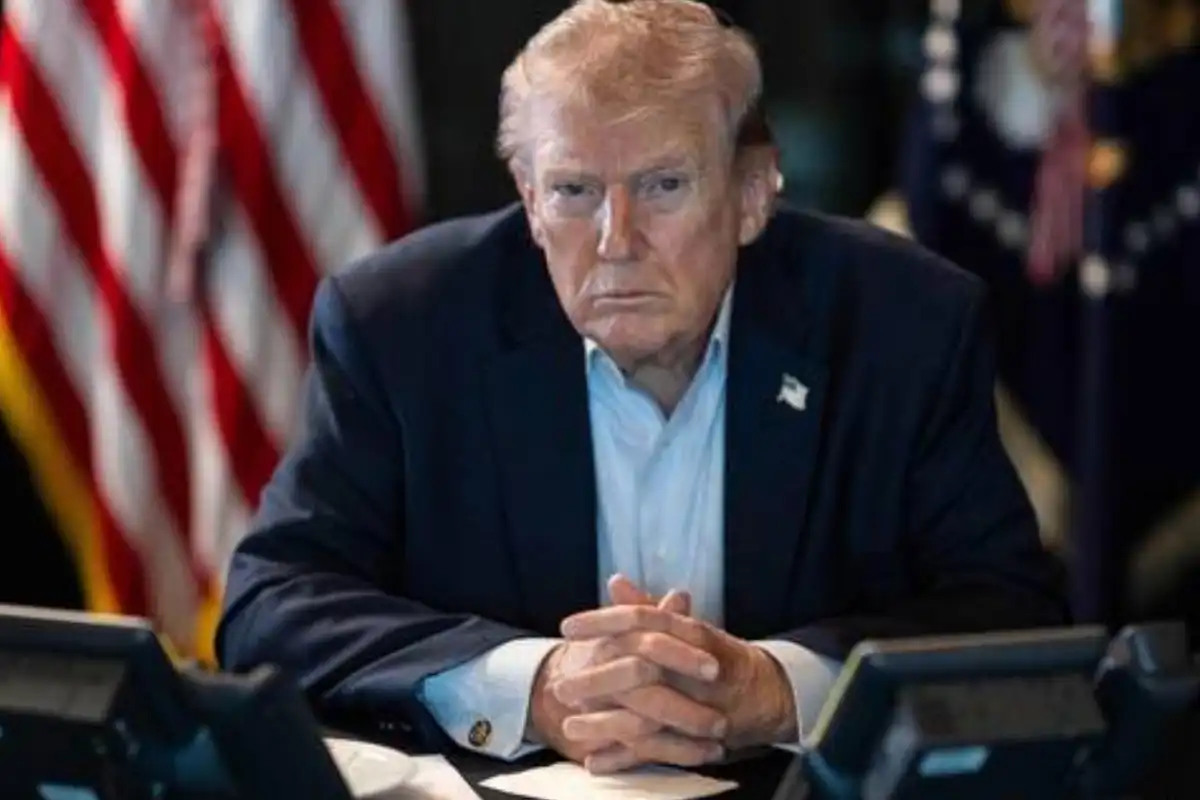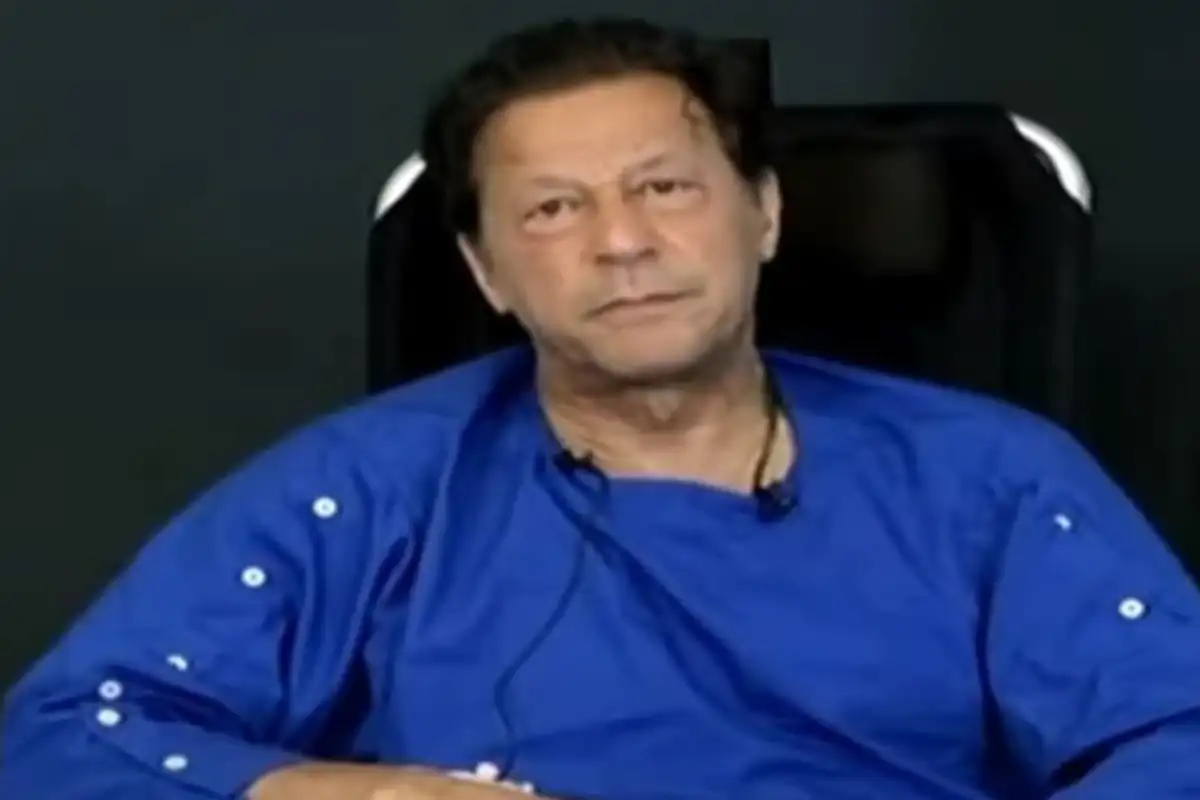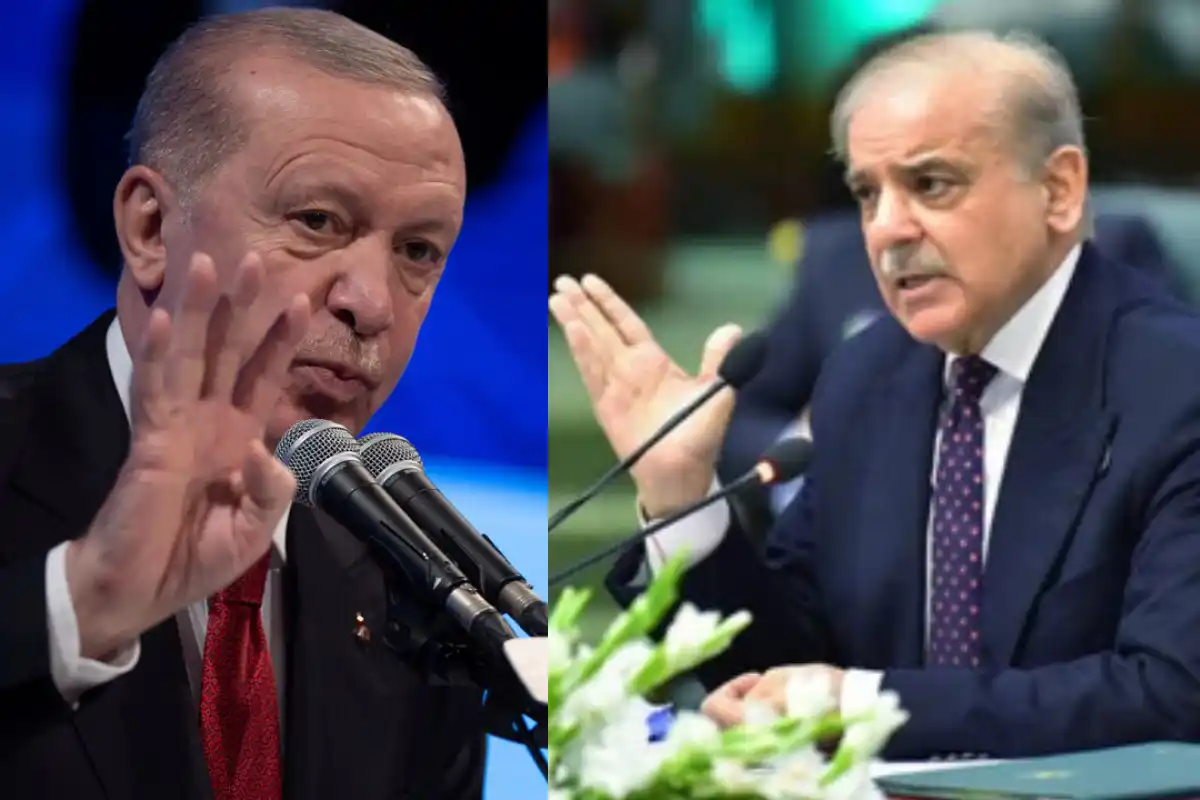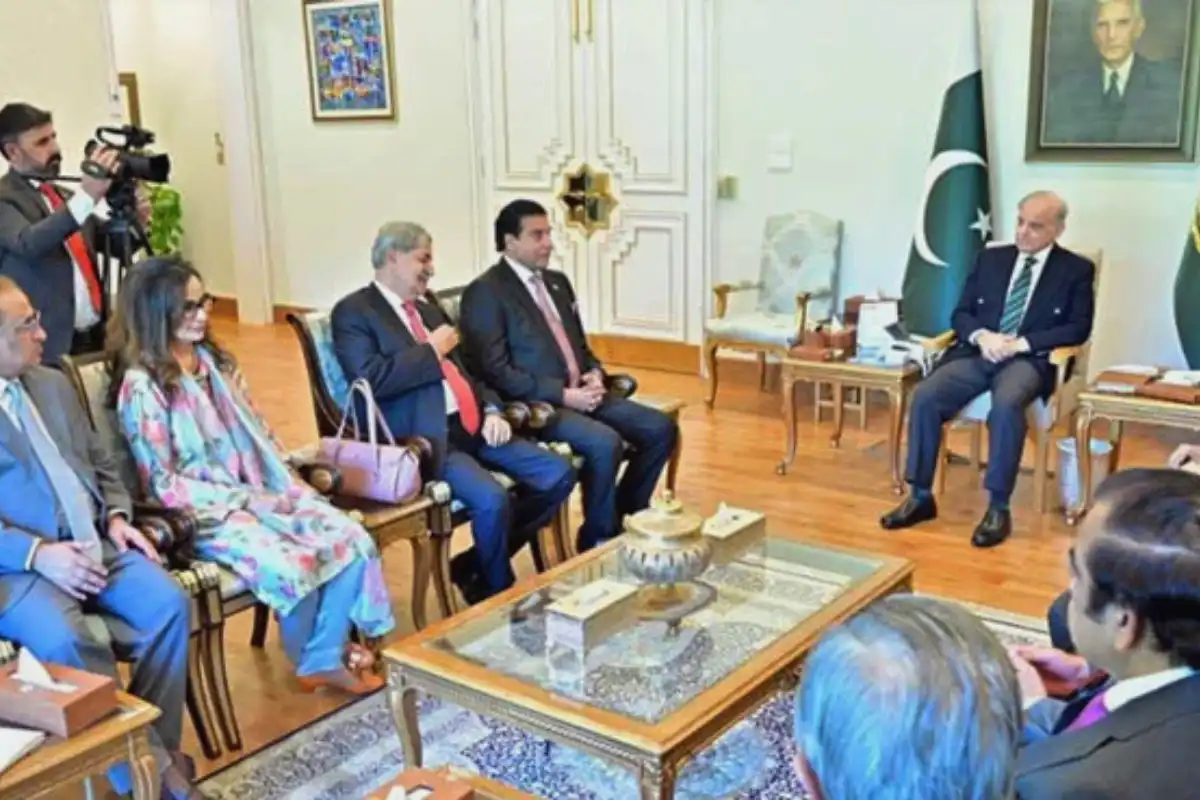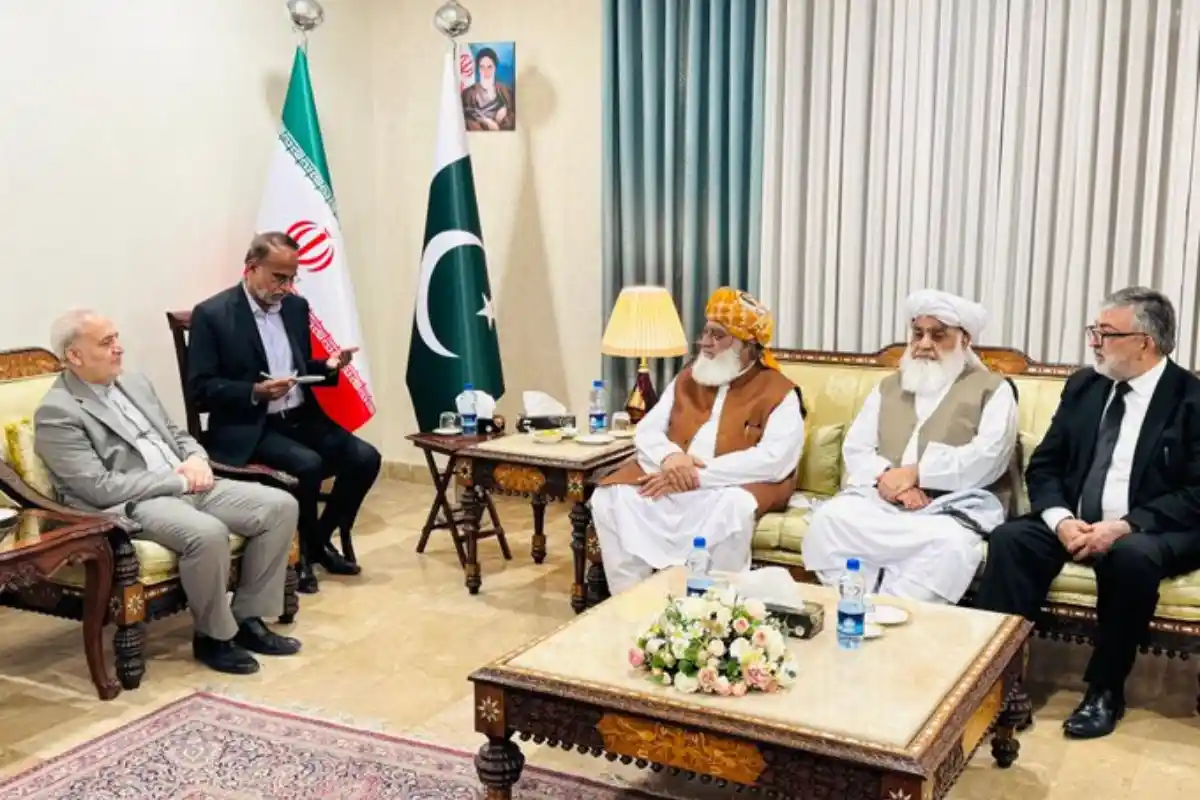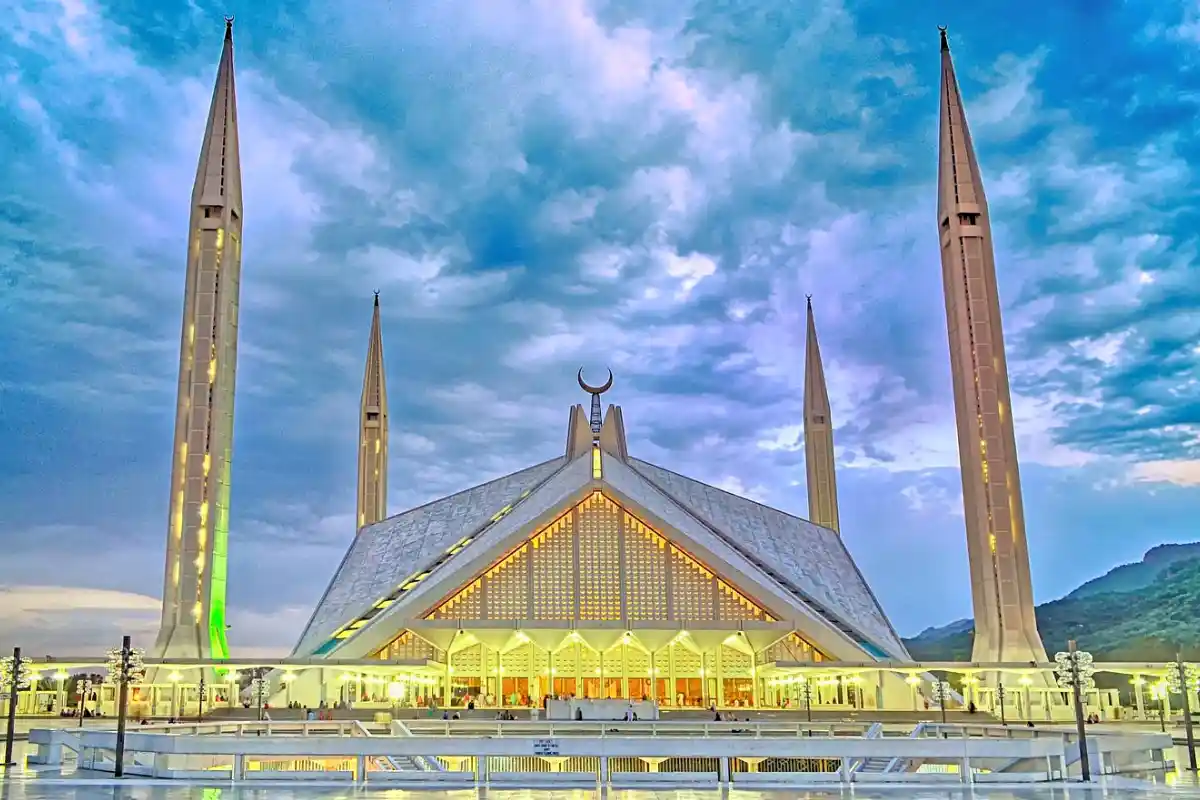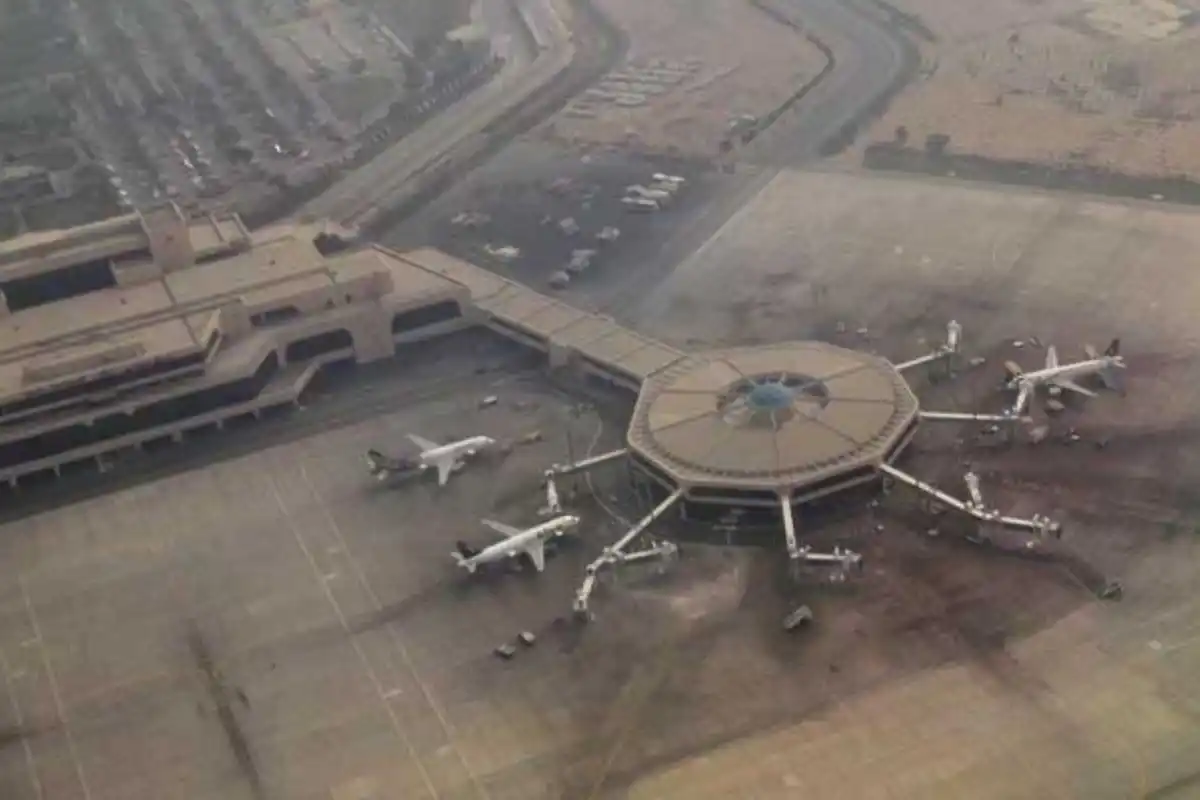Pakistan and India are nearing the restoration of troop levels along their shared border to the state before recent hostilities erupted, according to Chairman Joint Chiefs of Staff Committee (CJCSC) General Sahir Shamshad. In an exclusive interview, the top military official shared insights into the recent conflict and its broader implications.
The latest clashes—described as the worst in decades—lasted four days and saw both countries engage using fighter jets, drones, missiles, and heavy artillery. The situation de-escalated following a ceasefire. Tensions flared after a deadly April 22 attack in Indian-administered Kashmir killed 26 people, primarily tourists. New Delhi blamed the assault on “terrorists” allegedly backed by Pakistan, a claim Islamabad has firmly denied.
“We have almost come back to the pre-22nd April situation… we are approaching that, or we must have approached that by now,” said General Mirza.
Attending the Shangri-La Dialogue in Singapore, Gen. Sahir stated that the crisis did not escalate to the point of nuclear confrontation. However, he cautioned against complacency. “Nothing happened this time,” he said. “But you can’t rule out any strategic miscalculation at any time, because when the crisis is on, the responses are different.”
He warned that future conflicts may not remain limited to the contested region of Kashmir. “This (conflict) lowers the threshold between two countries who are contiguous nuclear powers…in the future, it will not be restricted to the disputed territory. It would come down to (the) whole of India and (the) whole of Pakistan,” he noted. “This is a very dangerous trend.”
Citing Reuters, the ceasefire was largely made possible through U.S.-led diplomatic efforts, with Washington playing a significant role in defusing the crisis. Gen. Sahir emphasized the increasing urgency for international mediation in such scenarios. “The time window for the international community to intervene would now be very less, and I would say that damage and destruction may take place even before that time window is exploited by the international community,” he said.
While reiterating that Pakistan remains open to dialogue, the general highlighted the lack of meaningful communication channels with India. Beyond the existing crisis hotline between directors general of military operations and tactical-level border communication, “there was no other communication between Pakistan and India.”
Gen. Sahir also clarified that there were “no backchannel discussions, or informal talks,” and he had “no plans to meet General Anil Chauhan, India’s chief of defence staff,” who was also attending the Singapore forum.
